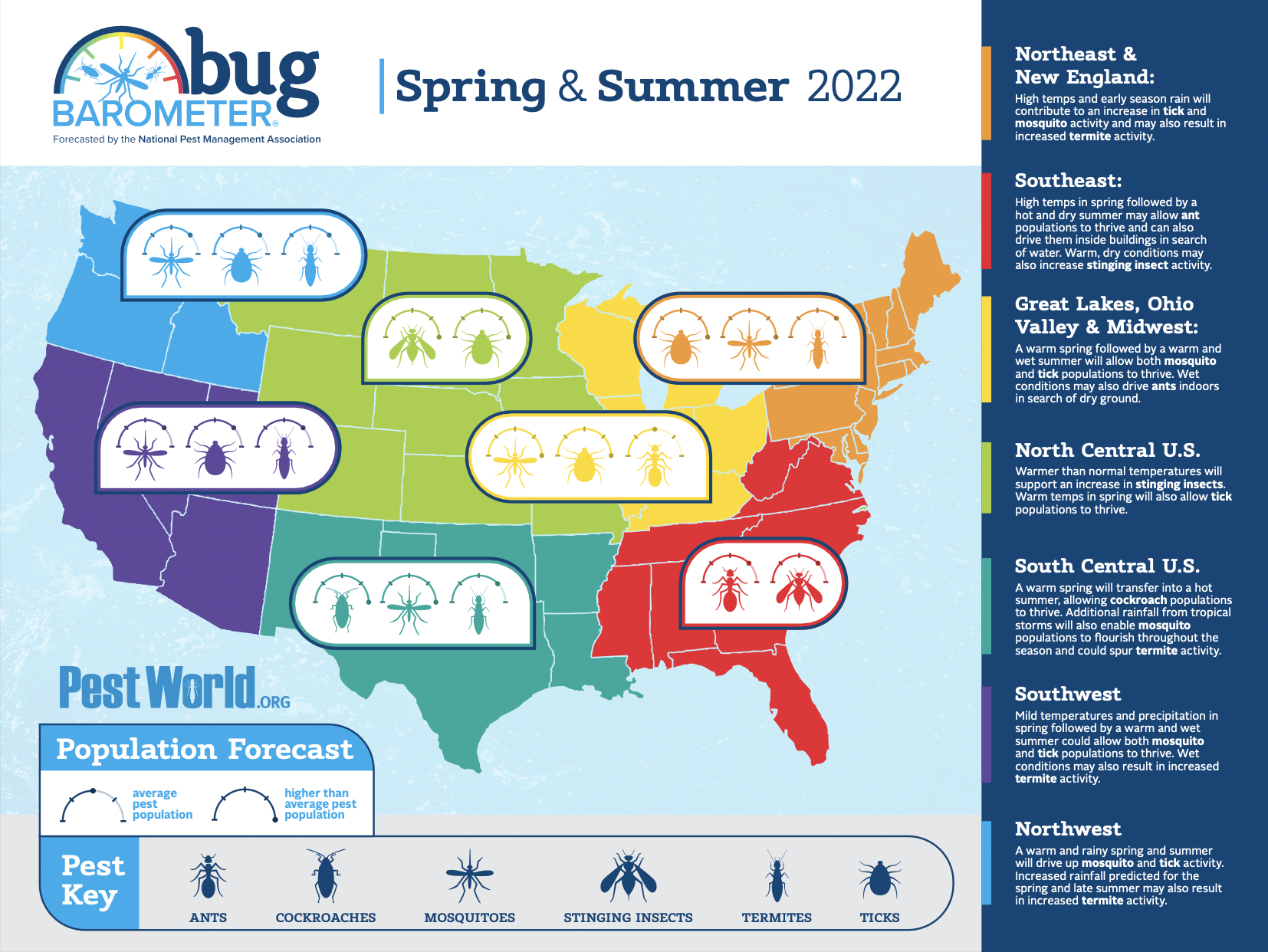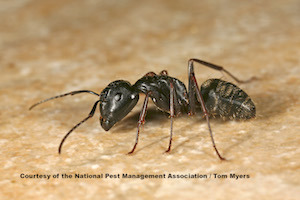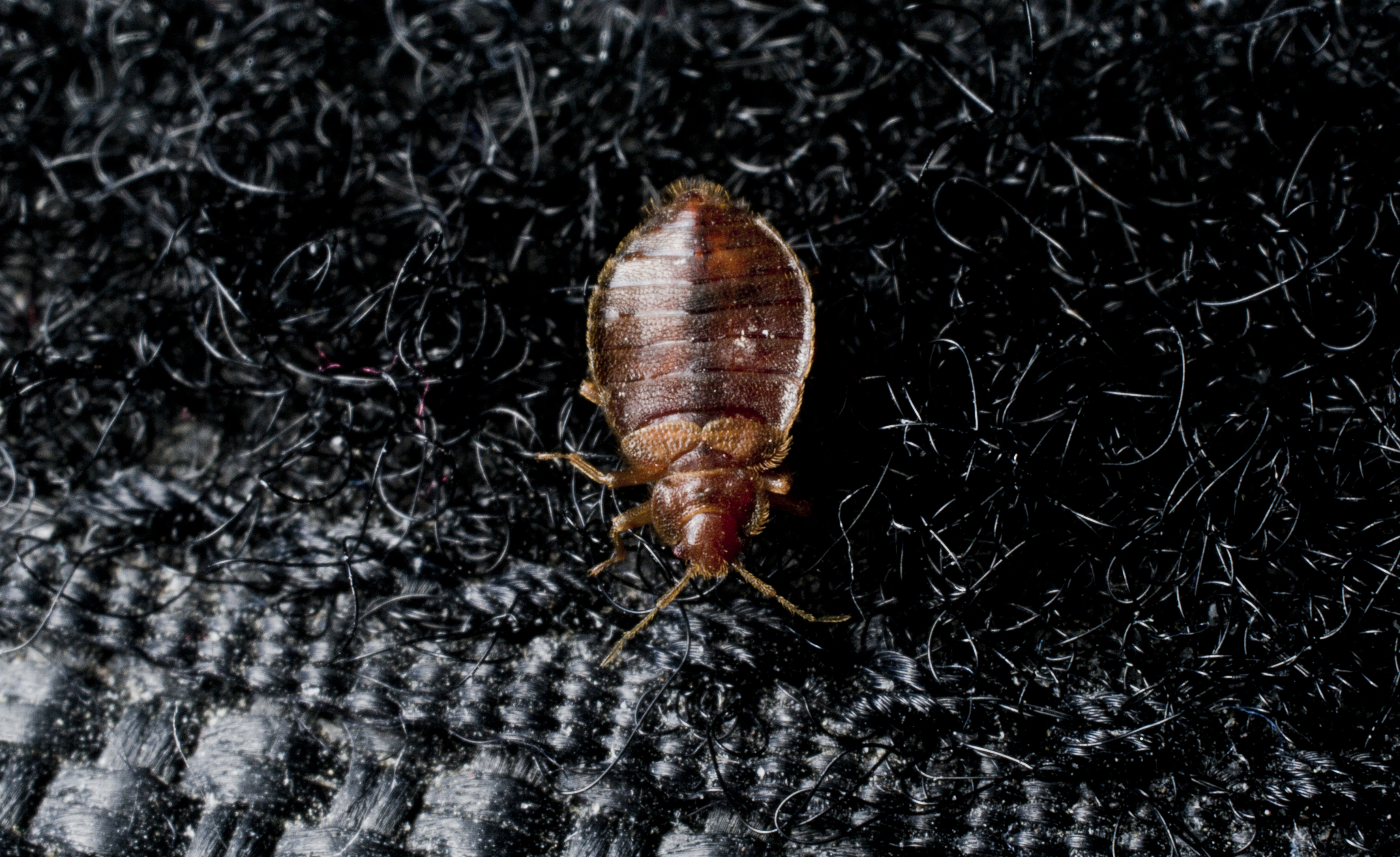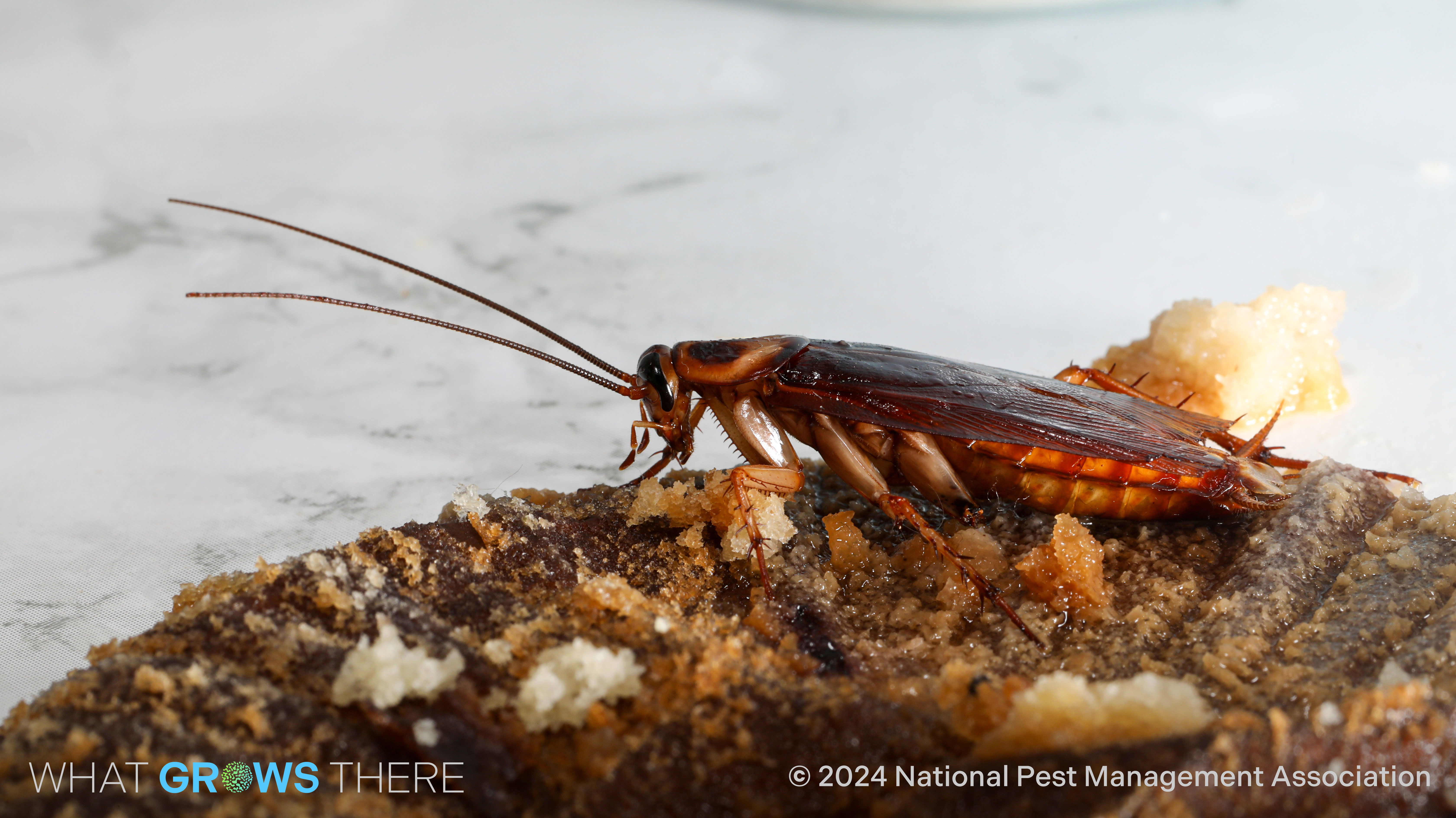Buckle Up for A Buggy Spring Season
The National Pest Management Association reveals Spring & Summer 2022 Bug Barometer® forecast for continental U.S.

FAIRFAX, VA (March 21, 2022) – The National Pest Management Association (NPMA) today released its bi-annual Bug Barometer®, forecasting what Americans can expect from pest populations in their respective regions across the U.S. this spring and summer. Following an exceptionally warm winter, and with more warm temperatures and rainy conditions expected for much of the country, NPMA entomologists are expecting a pesky pest season with ants, mosquitoes, termites and ticks on the way.
“The spring and summer season is often associated with time spent outside after a long winter, so it’s important for the public to be prepared for the pests they may encounter when enjoying the great outdoors,” said Dr. Jim Fredericks, Ph.D., chief entomologist for the NPMA. “Last winter, regions across the country endured unusual weather patterns, which can have a direct effect on pest pressure. This means pest activity is on the up-and-up, so folks can expect more frequent encounters with spring-time pests this year.”
Based on this analysis, the National Pest Management Association’s Spring & Summer 2022 Bug Barometer is forecasting a nationwide uptick in pest activity:
Northeast & New England
High temps and early season rain will contribute to an increase in tick and mosquito activity and may also result in increased termite activity.
Southeast
High temps in spring followed by a hot and dry summer may allow ant populations to thrive and can also drive them inside buildings in search of water. Warm, dry conditions may also increase stinging insect activity.
Great Lakes, Ohio Valley & Midwest
A warm spring followed by a warm and wet summer will allow both mosquito and tick populations to thrive. Wet conditions may also drive ants indoors in search of dry ground.
North Central U.S.
Warmer than normal temperatures will support an increase in stinging insects. Warm temps in spring will also allow tick populations to thrive.
South Central U.S.
A warm spring will transfer into a hot summer, allowing cockroach populations to thrive. Additional rainfall from tropical storms will also enable mosquito populations to flourish throughout the season and could spur termite activity.
Southwest U.S.
Mild temperatures and precipitation in spring followed by a warm and wet summer could allow both mosquito and tick populations to thrive. Wet conditions may also result in increased termite activity.
Northwest U.S.
A warm and rainy spring and summer will drive up mosquito and tick activity. Increased rainfall predicted for the spring and late summer may also result in increased termite activity.
“Moisture-loving pests like ticks, mosquitoes and termites can pose serious health and property risks,” said Fredericks. “Our Bug Barometer® forecast helps people know what to expect for the coming season as well as the best ways to prepare and protect themselves, their families and their property.”
So, seal up cracks and crevices, repair ripped screens and reduce standing water and overgrown grasses on your property. “It’s also a good idea to take preventative measures to protect your family and pets from stinging and biting pests,” said Fredericks.
For more information about pest prevention and NPMA’s Bug Barometer® forecast, visit PestWorld.org.
###
About the National Pest Management Association
The NPMA, a non-profit organization with more than 5,500 members, was established in 1933 to support the pest management industry's commitment to the protection of public health, food and property from the diseases and dangers of pests. For more information, visit PestWorld.org or follow @PestWorld on Facebook, Twitter, Pinterest, TikTok and YouTube.

Learn About Ants
Ants are a common pest homeowners struggle to eradicate. Learn more about them!

Bed Bug Pest Guide
Traveling for the holidays this year? Be sure to keep an eye out for bed bugs! Use our Pest Guide to help identify this pest.

NPMA's What Grows There? Project
Check out NPMA's What Grows There? project to learn how pests, such as flies, cockroaches and rodents, can spread germs throughout a home.

About the National Pest Management Association
The NPMA, a non-profit organization with more than 5,500 members, was established in 1933 to support the pest management industry's commitment to the protection of public health, food and property from the diseases and dangers of pests. For more information, visit PestWorld.org or follow @PestWorld on Facebook, X, Pinterest, TikTok and YouTube and @PestWorldOfficial on Instagram.

Learn About Ants
Ants are a common pest homeowners struggle to eradicate. Learn more about them!

Bed Bug Pest Guide
Traveling for the holidays this year? Be sure to keep an eye out for bed bugs! Use our Pest Guide to help identify this pest.

NPMA's What Grows There? Project
Check out NPMA's What Grows There? project to learn how pests, such as flies, cockroaches and rodents, can spread germs throughout a home.
